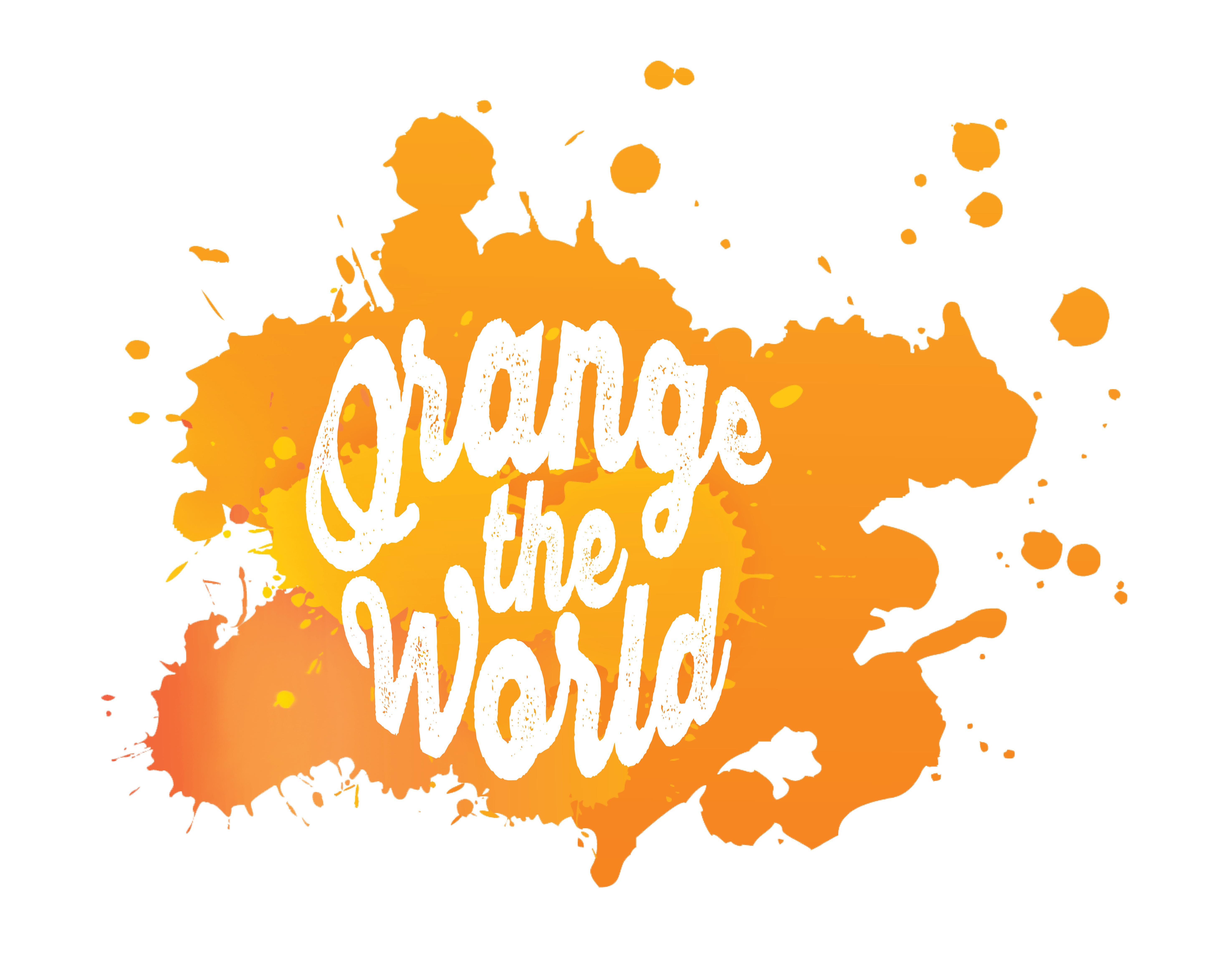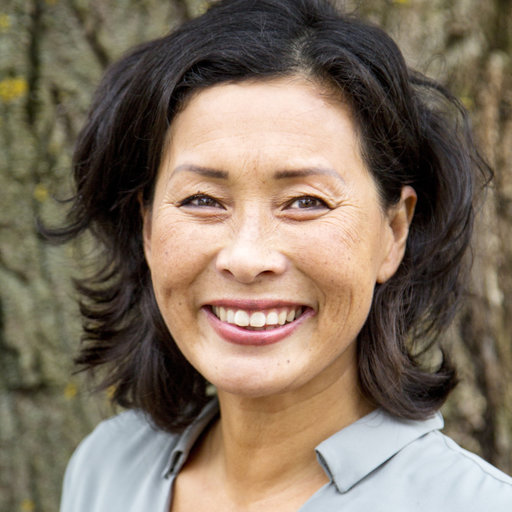JU highlights the issue with domestic violence during Orange Day 2020
Orange Day is an initiative by the UN, also called the International Day for the Elimination of Violence against Women, and is highlighted annually on 25 November. A number of Jönköping University’s programmes include education on how to detect domestic violence, and research is also carried out on this subject.
%20Orange-the-World-Logo-2020.jpg)
Nina Åkerlund is a senior lecturer in social work within the Department of Social Work at the School of Health and Welfare at Jönköping University. Her research focus includes domestic violence, violence against women and children who experience violence.
“Men’s violence against women and domestic violence is a public health issue which causes human suffering and has major socio-economic consequences. Violence is also a prioritized political area and since 2016 there has been a ten-year national strategy that aims to prevent and counter men’s violence against women, including instances of honour-related violence and oppression, as well as prostitution and trafficking,” says Nina Åkerlund.

Nina Åkerlund. Photo: Camilla Zilo
It is known that the risk of violence increases in times of worry, stress and economic uncertainty and the current pandemic has proved no exception to this.
“When schools close and more people work or isolate themselves at home, the possibility of controlling behaviour also increases. Thereby it becomes harder for the vulnerable to seek help. At the same time, limited social contact reduces the possibility to detect abuse and to intervene,” says Nina Åkerlund.
Through its education and research, Jönköping University has been increasing the knowledge on domestic violence. This new knowledge has been included in the degree requirements for nursing and social work students since 2018, and for dental hygienist students since 2019. The degree requirement says that students after their degree should “show knowledge about men’s violence against women and domestic violence”. This includes knowledge on how to prevent and detect violence, as well as knowledge about the preventative efforts made to stop those who abuse.
“Learning about violence was included in previous education programmes too, but now the work is underway to make it visible in the learning objectives and in degree examinations. We are also planning to introduce an entire day on the subject of violence as an on-site training element of these educational programmes,” says Nina Åkerlund.
Professionals have a key role when it comes to enquiring about, identifying, preventing and treating cases of violence, as well as collaborating with each other in such cases. In 2014 Sweden signed the Istanbul Convention and thereby undertook, among other things, to organize and strengthen education for professions that have contact with both victims and perpetrators. The convention also agrees to make gender equality and gender-related violence against women part of curricula on all educational levels.
“If we want to make the convention’s gender equality sub-goal – to end men’s violence - a reality, then the steps taken for developing education and curricula is essential,” she says.
Nina Åkerlund is the leader of a research project which aims to examine the extent to which the government’s intention to raise students’ knowledge level of men’s violence against women and domestic violence has had the intended effect at two different universities.
“The project is done in collaboration with the Swedish Gender Equality Agency and has two aims, one part will examine the students’ perceived knowledge, and the other will look at how the educational programmes have interpreted and broken down the degree description. We will see if both of them are in line with the government’s intentions and the national strategy,” Nina Åkerlund concludes.
Want to know more?
Contact Nina Åkerlund
Phone: 070-213 31 76
Email: nina.akerlund@ju.se
More information about the initiatives from organisations in the municipality can be found on the Jönköping Municipality website via this link External link, opens in new window..
Help is available
You who have been exposed to violence and you who are worried about someone in your vicinity who you think live with violence, threats or control from relatives can get help from the reception for victims of violence.
You can reach the reception via the Contact Center by phone: 036-10 50 00.
During evenings and weekends, you can call the Women's Peace Line. It is free of charge and open 24 hours a day. Telephone number: 020 - 50 50 50.
You can also contact the Women's and Girls' Shelter in Jönköping. The women's and girls' emergency service has an emergency telephone Mon-Fri at 8.30–22.00 and weekends 10.00–22.00. Phone number: 036-16 36 82.
